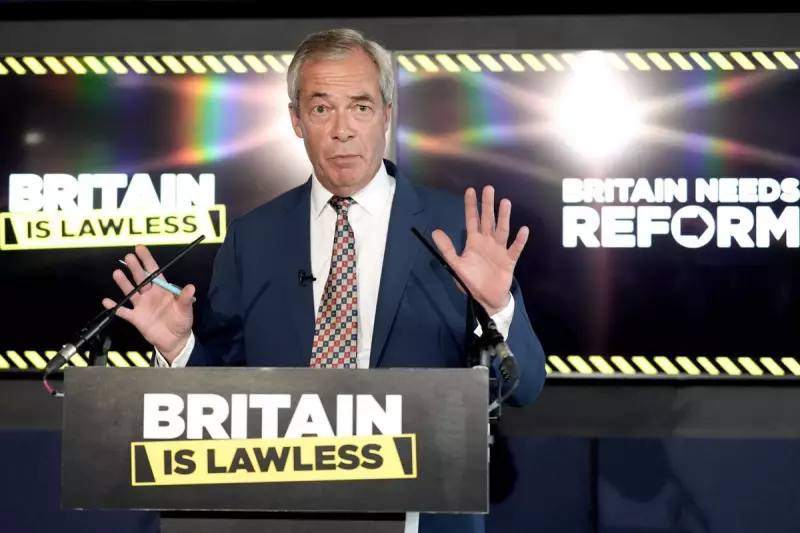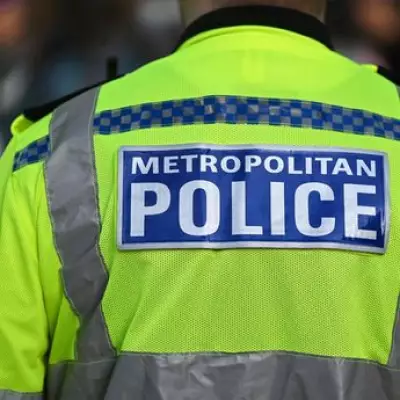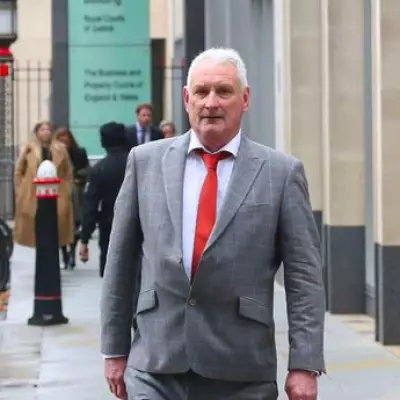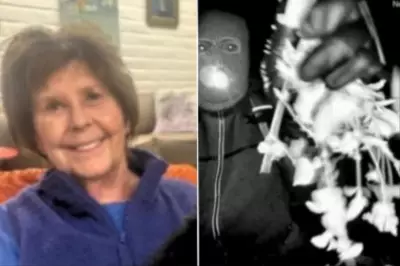
Nigel Farage has launched a scathing attack on UK police forces, branding their actions "utterly shameful" after officers visited his home to discuss a social media post while a deadly stabbing incident unfolded in Southport.
The Reform UK leader revealed that two police officers arrived at his residence in Kent just hours before a 17-year-old was charged with murder following the tragic attack that left three children dead and others injured.
Political Outrage Over Police Priorities
Farage expressed his disbelief on social media, stating: "While I was having to give details of my whereabouts to the police, multiple people were being stabbed in Southport." The controversial politician had been contacted by Warwickshire Police regarding a tweet about Labour's Yvette Cooper.
Home Secretary Yvette Cooper responded to the criticism, acknowledging the "horrific" nature of the Southport attack while defending police procedures. "All incidents reported to the police must be properly investigated," she stated during a BBC interview.
Timeline of Events
- July 24: Farage tweets about Yvette Cooper's constituency office location
- July 25: Warwickshire Police visit Farage's home regarding the tweet
- July 26: Southport stabbing attack occurs, leaving three children dead
- July 27: 17-year-old suspect charged with murder and attempted murder
The incident has sparked fresh debate about police resource allocation, with Farage arguing that officers' time would be better spent addressing violent crime rather than investigating political social media posts.
Community in Mourning
Meanwhile, the Southport community continues to grieve following the devastating attack. Floral tributes have been left at the scene as residents come to terms with the tragedy that has shaken the seaside town.
As investigations continue into both the stabbings and Farage's social media activity, questions remain about how UK police forces prioritise their workloads during times of crisis.





